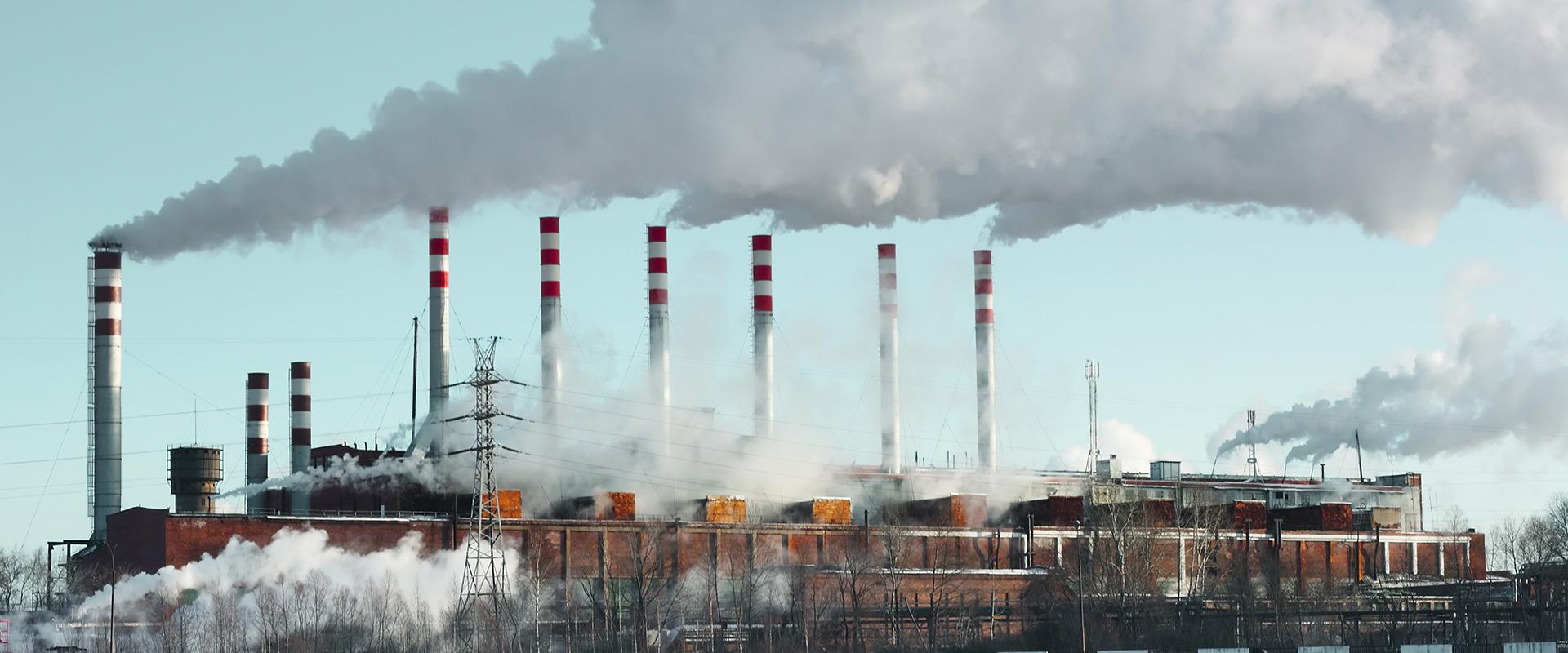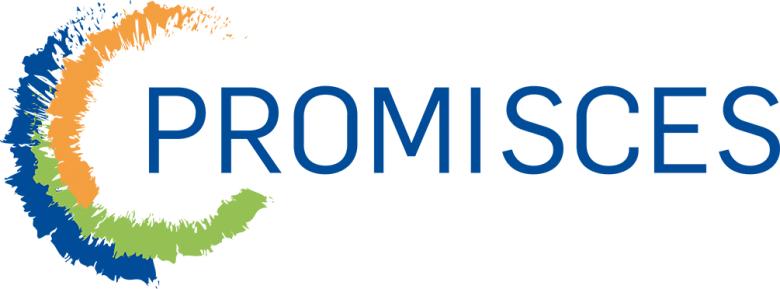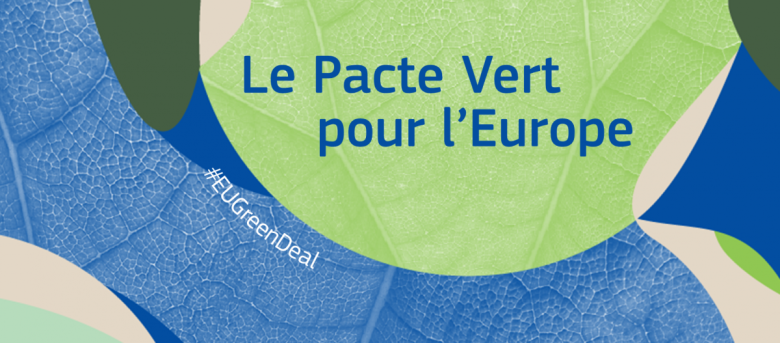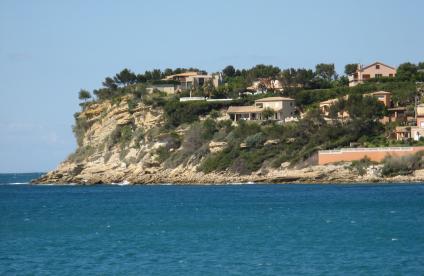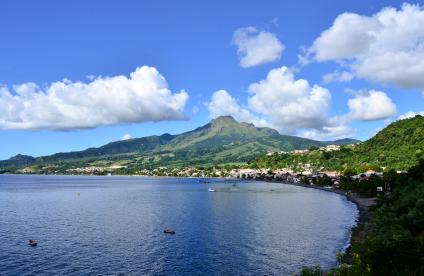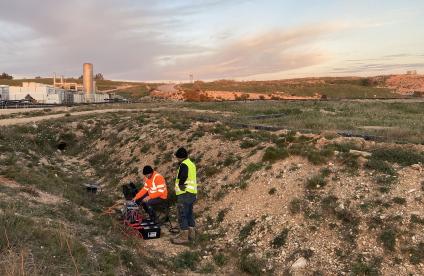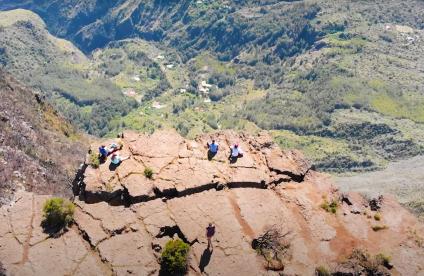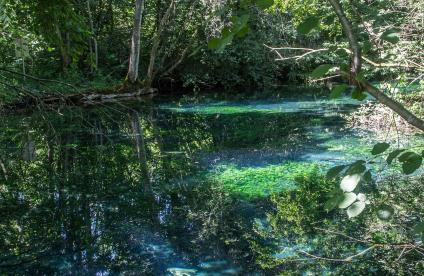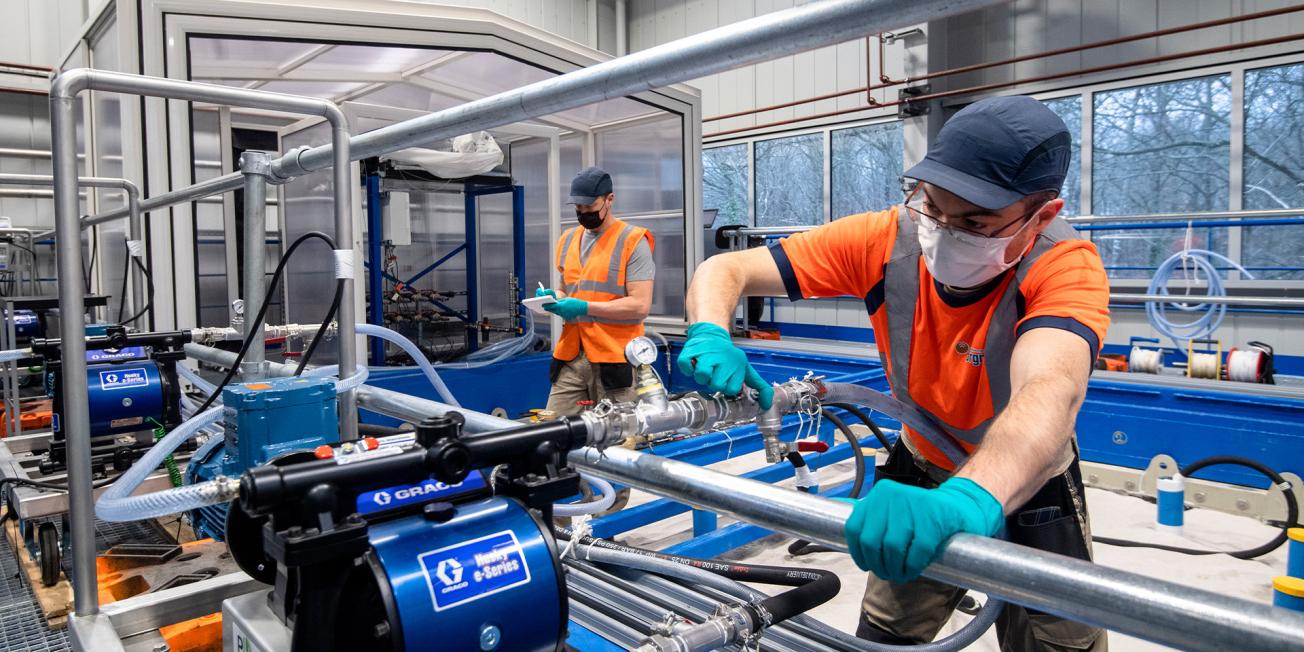
BRGM's PRIME platform in Orléans for soil and water decontamination. A plurimetric experimental pilot
© BRGM - Didier Depoorter
Issues and needs
The PROMISCES project (Preventing Recalcitrant Organic Mobile Industrial chemicalS for Circular Economy in the Soil-sediment-water system) is part of the Green Pact for Europe and the European Circular Economy Plan, undertaken to contribute to the deployment of the circular economy by preventing industrial pollution.
To achieve this overall objective, the project:
- will provide knowledge on the monitoring of mobile and persistent pollutant substances and sources,
- will promote the prevention, mitigation and remediation of these substances in the soil-sediment-water continuum,
- and will co-develop with stakeholders, methodological tools and regulatory strategies for sustainable management under the EU Zero Pollution Action Plan.
A particular target of PROMISCES will be perfluoroalkyl and polyfluoroalkyl substances (PFAS), a group of substances of increasing concern in terms of their accumulation in the environment and which represent a threat to human health, biodiversity, the environment and the recovery of natural resources from waste, for a circular economy.
The project will focus on several circular economy pathways:
- semi-closed cycles for drinking water supply,
- the reuse of wastewater for irrigation in agriculture,
- nutrient recovery from sewage sludge,
- material recovery from dredged sediments,
- land remediation for safe reuse in urban areas.
Funded by the European “Green Deal” programme within the framework of domain 8, entitled "Environment without pollution and without toxicity", the PROMISCES project, coordinated by BRGM, will receive €12 million in funding, including €1.5 million for BRGM, over a period of 42 months.
Expected results
PROMISCES will develop analytical methods and toxicological assessment tools for mobile and persistent pollutants such as PFAS in water, dredged sediments and water and sewage sludge.
PROMISCES will also develop innovative, sustainable and cost-effective technologies for treating pollutants from matrices such as water for human consumption, wastewater for reuse, landfill leachate, contaminated soil and dredged sediments.
To this end, the sources and transfer pathways of these pollutants in the environment (soil and groundwater) and water will be investigated in case studies conducted at different scales including BRGM’s PRIME platform in Orléans. The environmental impacts and risks will be modelled and assessed by analysing the different circular economy circuits studied in the project, including health risks for drinking water and agriculture.
Finally, the results of PROMISCES will be integrated into a decision-support tool taking into account ways of using our resources in the circular economy. This tool will be developed based on societal demand and stakeholder needs, taking into account the chemical properties of pollutants and prevention, mitigation and remediation techniques throughout the life-cycle of these chemical compounds.
BRGM's role
BRGM is coordinating PROMISCES and BRGM teams will be particularly involved in:
- developing analytical methods for assaying the PFAS,
- studying and modelling PFAS transfers from the soil-vadose zone-aquifer continuum,
- developing techniques for treating groundwater and soil polluted by PFAS by implementing tests on the PRIME platform,
- developing decision-support tools.
Partners
- BRGM, France
- Kompetenzzentrum Wasser Berlin, Germany
- Institut national de l'environnement industriel et des risques, France
- Institut de Physique du Globe de Paris, France
- QSAR Lab spolka z ograniczona odpowiedzialnoscia, Poland
- Umweltbundesamt, Germany
- Berliner Wasserbetriebe, Germany
- BioDetection Systems b.v., The Netherlands
- Fundacio EURECAT, Spain
- COLAS Environnement, France
- Gesellschaft für Chemische Technik und Biotechnologie e.V., Germany
- Rijksinstituut voor Volksgezondheid en Milieu, The Netherlands
- Agencia Estatal Consejo Superior de Investigaciones Científicas, Spain
- Stichting Deltares, The Netherlands
- TU Wien, Austria
- Bundesanstalt für Gewaesserkunde, Germany
- UNIVERSITA' POLITECNICA DELLE MARCHE, Italy
- Consorci Besòs Tordera, Spain
- HOOGHEEMRAADSCHAP VAN DELFLAND, The Netherlands
- ESOLVE Consultoria e ingenieria medioambiental S.L., Spain
- ACEA SPA, Italy
- SOFIA UNIVERSITY ST KLIMENT OHRIDSKI, Bulgaria
- SIMAM SPA, Italy
- MicroLife Solutions, The Netherlands
- ISB WATER sarl, France
- Budapest Waterworks, Hungary
- In Extenso Innovation Croissance, France

